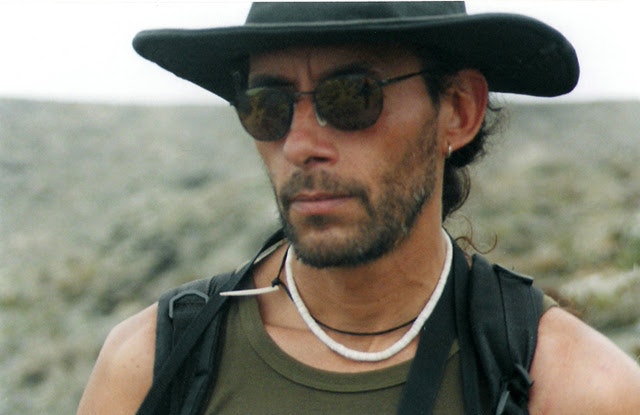Planeta Vivo Society, Chile

Planeta Vivo Society is a Chilean organisation committed to natural history, environmental education and conservation. Seeing itself as a bridge between formal science and local communities, the members of Planeta Vivo use the results of their scientific research and expeditions to develop innovative educational materials to raise awareness amongst local Chilean communities about the extraordinarily biodiverse part of the world in which they live.
Still a young organisation, Planeta Vivo Sociey was founded in 2001 by a small group of PhD students passionate about bringing the results of their research to a wider audience. Young scientists, teachers and a number of graduate and undergraduate students collaborate and together make up the Society, led by Hernan Diaz, a Chilean studying for his PhD in Biomedicine at the University of Santiago. Hernan has studied animal behaviour in the field for more than twenty years and believes strongly in the importance of scientists effectively communicating the results of their work and their understanding back to society.
Hernan and his team currently work in three of Chile’s most remote and biodiverse locations, in Antarctica at Ardley Island, Juan Fernandez Archipelago and Chanaral Island, part of the Humboldt Penguin National Reserve. At each location, the Society utilises both formal and informal educational methods including expeditions, documentaries, leaflets, website, lectures, and media coverage to communicate the wonder and importance of some of South America’s most biodiverse and remote hotspots to the communities that live there.

Planeta Vivo Society believes a pragmatic, substantial and long lasting contribution to nature conservation can only be achieved if communities incorporate sustainable living in a natural world into their every day life.
In 2005, with funds from WFN, Planeta Vivo began a new project in the Chañaral area to develop a Biological Station and Centre for Environmental Education and Local Development specially for use by the local community, most of whom are fishermen. The centre, which will be fully functional by the end of January 2006, aims to provide direct knowledge to the people to whom it matters most, working with the community to help them better understand their unique environment.
The program involves a number of courses and workshops covering diverse aspects of local interest, ranging from English courses with ecotourism emphasis, marine management for protected areas, basic biology, biodiversity, ecology and evolution, to handcraft workshops to diversify the range of fishermen’s families economic options in a sustainable way whilst maintaining and developing their local culture.
Hernan hopes that the new project will act as a model for environmental education that can be replicated elsewhere in Chile where the local population has shown eagerness to learn more about their local environment, whilst maintaining their cultural traditions.




